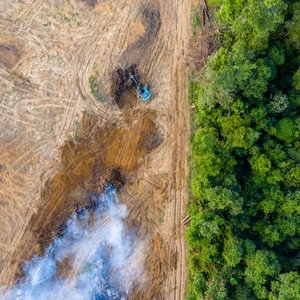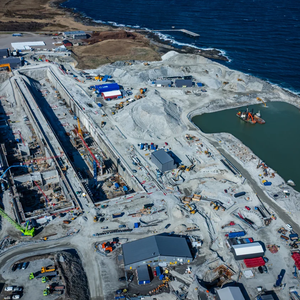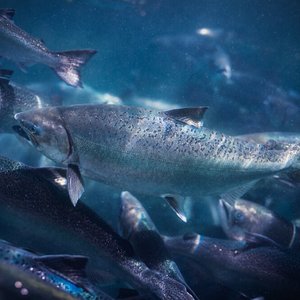8th International Abalone Symposium (IAS 2012) May 6-11, 2012 - Hobart, Australia
The International Abalone Symposium returns after 18 years to the island of Tasmania – home of the world’s largest wild abalone fishery. The waters of Tasmania produce some of Australia’s finest seafood, and the island offers unique food and tourism experiences. The capital Hobart is an ideal location for IAS 2012; nestled below the imposing Mt Wellington and on the shores of the Derwent Estuary, the symposium location looks out over the working fishing port including abalone fishery vessels.
IAS 2012 continues the tradition of bringing together a diversity of international people with one common interest; abalone. This is your opportunity to engage and interact with commercial fishers and growers, managers and policy makers, processors and marketers, and researchers from numerous disciplines.
IAS 2012 will facilitate and promote communication and new collaborations through social events, workshops, and a topical and vibrant symposium program; including keynote papers, oral and poster presentations, and discussion sessions.
Proposed Themes & Topics
The 8th International Abalone Symposium Program will strive to address issues of global importance, commercial relevance and scientific interest in Theme and open sessions, poster sessions, sessions with commercial appeal and workshops. Keynote, invited and contributed papers will cover topics including:
Aquaculture
Growout systems
Hatchery and nursery production
Nutrition
Reproduction and broodstock conditioning
Selective breeding
Biotechnology
For age determination
For applied breeding
For population and taxonomic studies
Gene expression studies
Ecosystems, Conservation and Threats
Climate change
Effects of fishing
Habitat changes
Illegal fishing
Fisheries
Assessment and bio economic models
Modelling growth and population dynamics
Management systems for optimising harvests
Sharing harvests between recreational, indigenous and commercial fisheries
Spatial assessment and management
Health
Containment and management of outbreaks
Current and emerging issues
Stress management
Treatment options
Markets
Harvesting to markets
Market analysis and trends
New product development
Post harvest
Food safety, quality assurance
Live shipment
Sensory evaluation
Re-seeding, stock enhancement
Broodstock selection and hatchery protocols
Management strategies
Resource sharing and ownership







